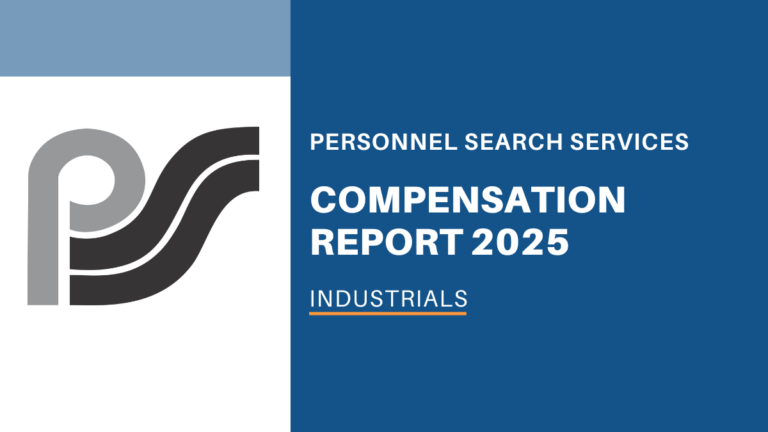
With extensive experience in the pharmaceutical sector, Savio Ferrao brings a wealth of knowledge and insight into the evolving landscape of talent in the pharmaceutical industry.
With years of experience in leadership recruitment and a keen understanding of industry trends, Savio explores how the demand for specialized skills, such as data analytics, biotechnology, and regulatory affairs, is reshaping the industry. As companies strive to stay competitive in a global market, attracting and retaining top talent has become more critical than ever. This article delves into the key trends and strategies that are defining the future of talent acquisition in India’s pharmaceutical landscape.
His perspective sheds light on how Indian companies are gearing up to become significant players on the global stage, with a focus on innovation and strategic expansion.
Join him as he examines the critical areas and skillsets that will shape the future of the industry:
1)Will the Indian pharmaceutical sector continue the strong momentum from last year?
As an executive search consultant, I closely monitor the Indian pharmaceutical sector’s performance and future prospects. The sector has shown impressive growth in recent years, and current projections indicate that this momentum is likely to continue. In 2021, the industry was valued at around US$42 billion, with expectations to reach US$130 billion by 2030.
Key Growth Drivers:
Government Initiatives: Policies like the Production Linked Incentive (PLI) scheme aim to enhance domestic manufacturing and reduce dependency on imports, further strengthening the sector.
Rising Prevalence of Chronic Diseases: The increase in lifestyle-related health issues has driven higher demand for pharmaceutical products.
Aging Population: The growing number of elderly individuals requires more healthcare, boosting pharmaceutical consumption.
Healthcare Consumerization: There’s a trend towards proactive health management, leading to higher consumption of over-the-counter (OTC) medicines and wellness products.
Quote Summarizing the Topic

“The pharmaceutical industry is at a pivotal point where the right talent can significantly drive innovation and growth. Companies must adapt to these evolving trends to stay ahead.”
– Savio Ferrao, Personnel Search Services
2) Which areas in the pharmaceutical space see significant growth this year? How will this impact the demand for skills and talent?
The pharmaceutical sector is experiencing significant growth in several key areas in 2025, each influencing the demand for specialized skills and talent.
1. Artificial Intelligence (AI) and Digital Transformation
AI is revolutionizing drug discovery, development, and manufacturing processes. Pharmaceutical companies are investing heavily in AI and digital tools to enhance supply chain resilience and R&D productivity.
Impact on Talent Demand: There’s an increased need for professionals skilled in data science, machine learning, and AI applications within the pharmaceutical context. The global IT talent gap is projected to reach 4 million professionals by 2025, significantly impacting high-specialization sectors like pharmaceuticals.
2. Personalized Medicine and Genomics
Advancements in genomics and biomarkers are paving the way for personalized treatment options, allowing for more precise and effective therapies.
Impact on Talent Demand: This trend increases the demand for geneticists, bioinformaticians, and specialists in personalized medicine to develop and implement tailored treatment plans.
3. Biologics and Advanced Therapeutics
The rise of biologics, including cell and gene therapies, is transforming treatment paradigms, especially for rare and previously untreatable diseases.
Impact on Talent Demand: There’s a growing need for experts in biotechnology, molecular biology, and related fields to drive innovation in developing and manufacturing these complex therapies.
4. Supply Chain Resilience
Building resilient and efficient supply chains has become a strategic priority, with companies optimizing operations through technological investments.
Impact on Talent Demand: Professionals with expertise in supply chain management, logistics, and digital tools are in higher demand to navigate and strengthen these complex networks.
5. Mergers and Acquisitions (M&A)
The pharmaceutical industry is witnessing robust M&A activity, aiming to bolster pipelines and expand capabilities.
3) Foreign pharmaceuticals multi-nationals have been hit hard by the end of the exclusivity period on patents for several original drugs whose high prices were protected by global patent protections. Do foreign multi-national companies have a future in India in the next few years?
Yes, foreign multinational pharmaceutical companies do have a future in India, despite the challenges posed by the end of exclusivity periods on patents for several original drugs. I can highlight some of the reasons below:
- Market Expansion and Growth Potential: India’s rising healthcare expenditure, increasing chronic disease burden, and demand for innovative therapies make it an attractive market for foreign pharma companies. 1
- Government Support: The Indian government has been actively supporting the pharmaceutical sector through initiatives like the Production-Linked Incentive (PLI) scheme, which has been successful in boosting drug development and manufacturing. 2
- Strategic Partnerships: Foreign companies are increasingly forming strategic partnerships with Indian firms to leverage local expertise and cost advantages. This collaboration helps in navigating regulatory landscapes and expanding market reach.
- Focus on Innovation: With advancements in biotechnology, data analytics, and personalized medicine, foreign companies can continue to innovate and introduce new therapies that address unmet medical needs.
- Contract Research and Manufacturing: India’s Contract Research, Development, and Manufacturing Organization (CRDMO) sector is growing rapidly, providing opportunities for foreign companies to outsource research and manufacturing, thereby reducing costs and increasing efficiency.
Overall, while the end of patent exclusivity presents challenges, the opportunities for growth and collaboration in India’s pharmaceutical sector remain significant for foreign multinational companies.
Conclusion:
In conclusion, the pharmaceutical sector in India is poised for significant transformation in 2025, driven by evolving talent trends and the increasing demand for specialized skills. As highlighted in the article, the industry’s future hinges on its ability to attract and retain top talent, adapt to technological advancements, and foster innovation. Despite the challenges faced by foreign multinational companies, the opportunities for growth and collaboration remain robust. By embracing these trends and strategies, the pharmaceutical industry in India can continue to thrive and lead the way in global healthcare innovation.
You may visit our #insights page for more news and articles from the executive search world:
Also, do follow us on our LinkedIn Page for further updates:
https://lnkd.in/dEG4xNDw
#talentacquisition #executivesearch #talenttrends #recruitment #pssinsights #hrinsights






